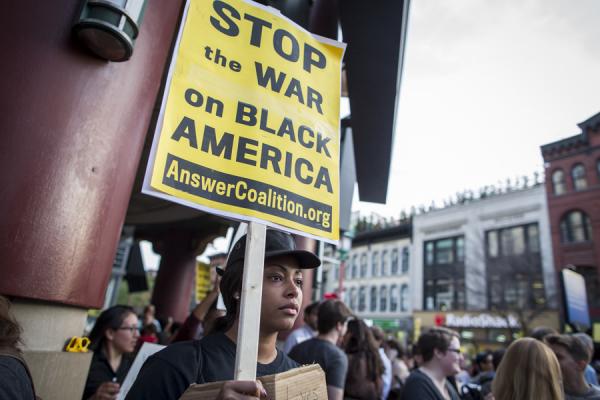May 4, 2015
Baltimore, like Ferguson, is a parable — a story that can teach us important lessons. It's one in which we should see that we are, for the most part, still missing the most important lessons.
Decades of bad behavior on the part of Baltimore's police force in relation to the black community were brought to light, as in other circumstances of young black men dying at the hands of police. But the parable of Baltimore needs to go deeper.
Read the Full Article

Already a subscriber? Login
